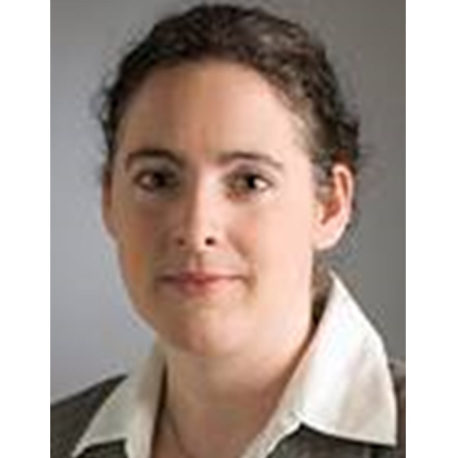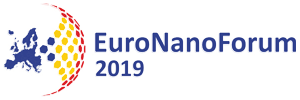Iseult Lynch

Iseult Lynch
Chair in Environmental Nanosciences
University of Birmingham, UK
Email: i.lynch@bham.ac.uk
Iseult Lynch is a physical chemist specialising in understanding the interface between engineered nanomaterials and the environment (biotic and abiotic components) and how this determines their ultimate fate, behaviour and toxicity. She has been actively involved in research to elucidate the mechanisms involved in potential toxicity of nanomaterials, including being centrally involved in the pioneering studies regarding the nanoparticle-protein corona, for which she received the US National Academy of Sciences Cozzarelli Prize for 2007 with her co-authors. She is now applying these concepts to assessing nanomaterial behaviour in more complex environments and whole organisms, looking for example at the role of secreted proteins and polysaccharides as well as dissolved organic matter in determining nanomaterials environmental fate, transformation and biouptake. Her expertise spans nanomaterials synthesis, characterization and environmental interactions (biomolecules, cells, organisms), and more recently, nanosafety data management and nanoinformatics. She is coordinator of the EU H2020 research e-infrastructure project NanoCommons, and deputy Coordinator of the H2020 nanoinformaticss project NanoSolveIT. Her team at Birmingham are developing electronic lab notebooks for nanosafety data capture, workflows for curation and integration of datasets from past and current national and EU-funded projects, and tools for quality assurance and quality control of datasets. She has co-authored over 140 scientific publications, several of which have >1,000 citations, leading to a h-index of 52 (Scopus, May 2019) and recognition as a Clarivate Highly Cited Researcher in 2018. She is Chair (Professor) in Environmental Nanosciences at the School of Geography, Earth and Environmental Sciences at the University of Birmingham (UoB), and leads the Environmental Pollution Solutions theme of the UoB Institute for Global Innovation. She is a Fellow of the Royal Society of Chemistry (FRSC), and an Associate Editor for Environmental Science: Nano (impact factor 6.097).
